
Innovation in beauty packaging – the 84.9mm Black Lip Balm Lip Gloss Lipstick Capsule. Crafted with precision and elegance, this capsule is designed to elevate your lip care and cosmetic products to n...
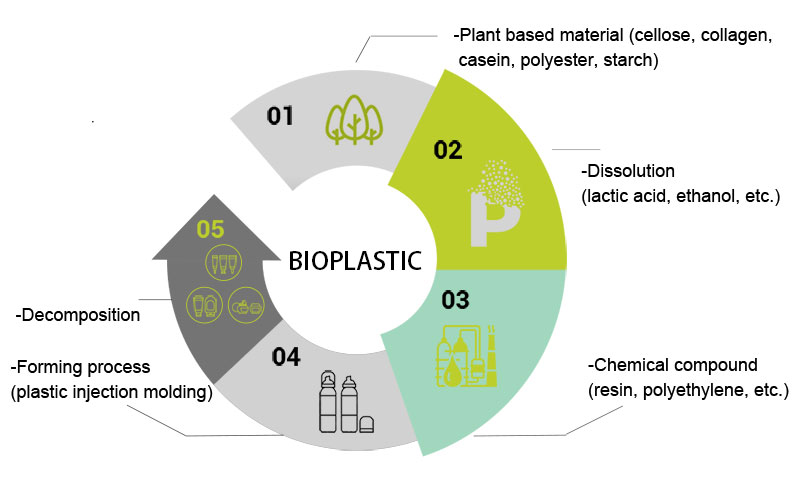
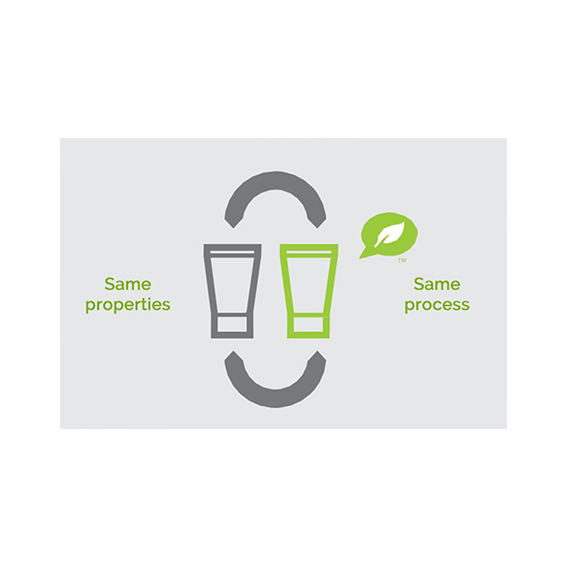
Plastics made from sugarcane, often referred to as "bioplastics" or "bio-based plastics," are made from sugarcane and traditional polypropylene and polyethylene, rather than non-renewable fossil fuels like traditional petroleum-based plastics. Sugar cane plastics are considered more environmentally friendly because of their potential to reduce greenhouse gas emissions and dependence on finite resources.
Sugarcane-based PET plastics are used to make sustainable bottles and containers for personal care products. Besides, sugarcane-based plastics are also used to manufacture packaging bottles, caps, spray nozzles for cosmetics. These packaging materials can replace traditional petroleum-based plastics and reduce dependence on non-renewable resources, while being environmentally friendly with their degradable properties.
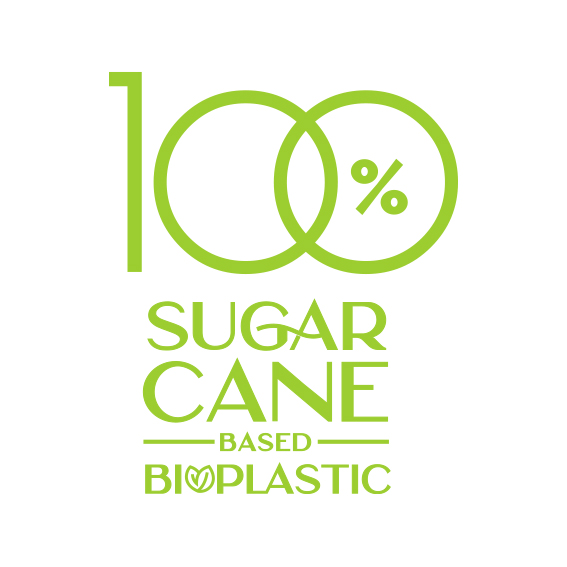
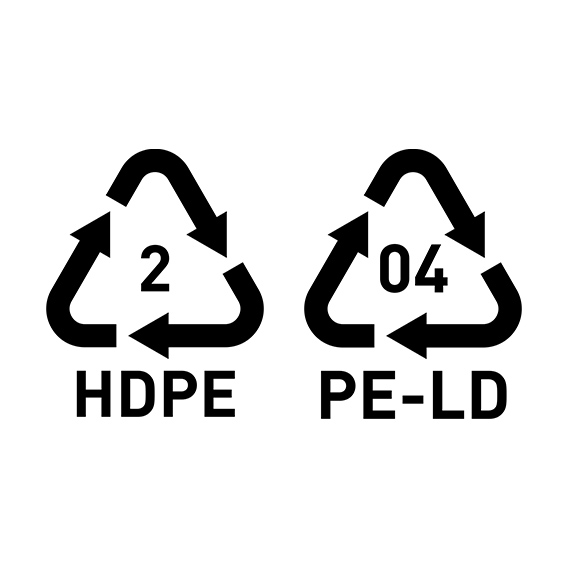
One of the significant advantages of sugarcane-based plastics is their reduced environmental impact. During sugarcane cultivation, plants absorb carbon dioxide to offset greenhouse gas emissions, reducing the carbon footprint of sugarcane-based plastics. In addition, some sugarcane bioplastics are biodegradable or compostable, providing a sustainable waste disposal solution that reduces plastic waste and pollution.
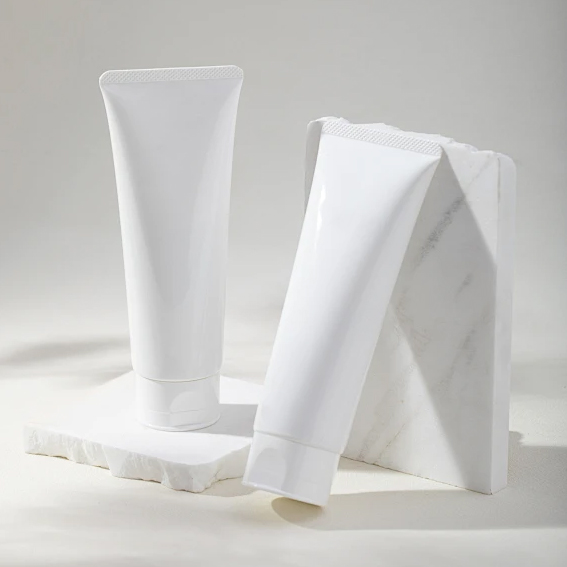
Such plastics have a broad product portfolio and can be used in many different applications. For example, bio-based plastics can be used to make common containers such as bottles, jars, and tubes with properties and functionality comparable to fossil PE. In addition, bio-based plastics can be used in a variety of decorative applications, such as printing. This means that it can be used to make products with a variety of appearances, patterns and designs to meet the needs of different markets.